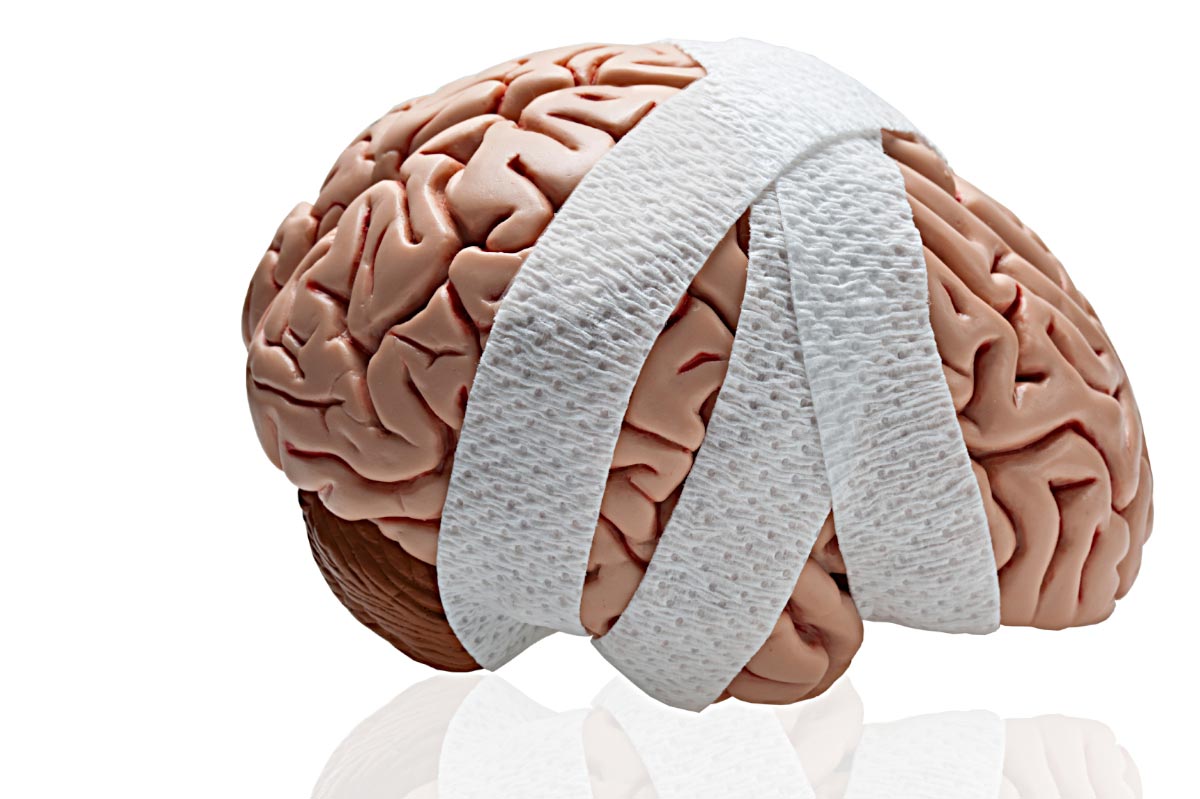4 no-brainer ways to prevent dementia
10/13/2016 / By D. Samuelson

When brain cells are damaged, dementia can result. This damage can cascade, causing an impairment when neural cells attempt to communicate with each other. Memory loss is just one symptom of dementia; others include difficulties with language and communication, visual perception, attention problems and troubles with focus, reason and judgment. Alz.com reports that although “Alzheimer’s disease accounts for 60 – 80% of [dementia] cases,” dementia can also happen following a stroke, or be triggered by vitamin deficiencies or a thyroid problem, which may be reversible.
Keeping one’s brain cells healthy, in addition to your entire body, is key to reducing the risk of dementia and Alzheimer’s diseases, according to Nj.com. They suggest four important “no-brainer” steps to consider.
1. Don’t Smoke
Nicotine is nasty, as are the chemicals mixed in by the cigarette companies. Smoking has long been linked to lung disease, heart disease and cancer. Fortunately, U.S. adults over 60 are smoking less. Experts say that this decrease in smoking corresponds to a 44% decrease in dementia for this same demographic. If you’re hooked, Natural News offers five strategies to help you quit.
2. Control your Blood Pressure
High blood pressure, or hypertension, affects 70 million Americans. If your blood pressure reflects numbers higher than 140/90, you are considered to have high blood pressure. Dr. Walter Koroshetz, director of the National Institute for Neurological Disorders, says that controlling hypertension is “at the top of the list” in reducing the risks of dementia as one ages. High blood pressure can also increase the chances of vascular dementia, in addition to stroke, heart failure or aneurysm. Learn natural ways to relieve hypertension.
3. Protect the Brain Against Diabetes
Researchers looked at over 2 million cases involved in 14 health studies and discovered that if an individual has diabetes, it increases their risk of dementia to 60%. The link between diabetes and dementia goes even further. The “brain tangles” that Alzheimer’s patients endure look identical to the ones occurring in patients with diabetes. Mike Adams, the Health Ranger, offers this advice for preventing diabetes.
4. Daily Exercise
Exercise is medicine for the brain, as well as for your entire body. When an older person just sits around and becomes sedentary, this inaction can add ten years of aging to their brain. It doesn’t have to be intense exercise; just being moderately active for at least half an hour per day can make a huge difference for your health, as well as help prevent dementia, says. Dr. Mike Evans.
Sources:
Submit a correction >>
Tagged Under:
Exercise and dementia, FIght Dementia, Healing your brain, Preventing Dementia
This article may contain statements that reflect the opinion of the author





















